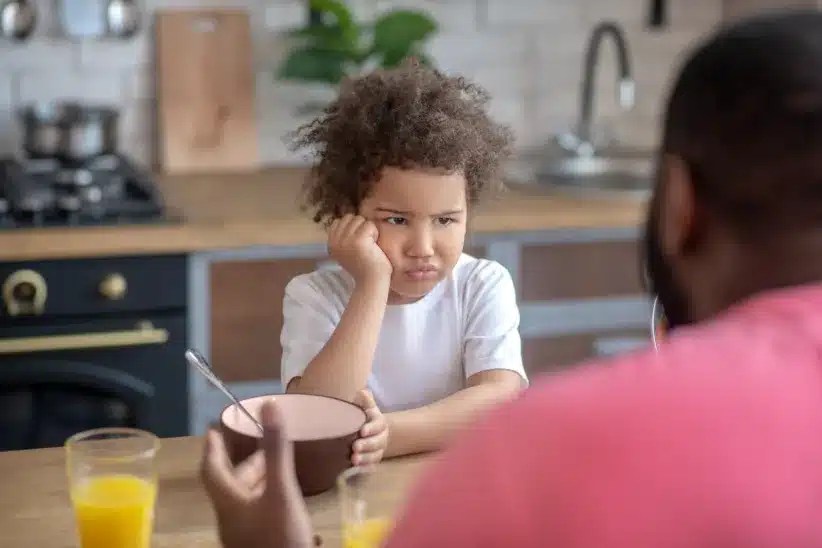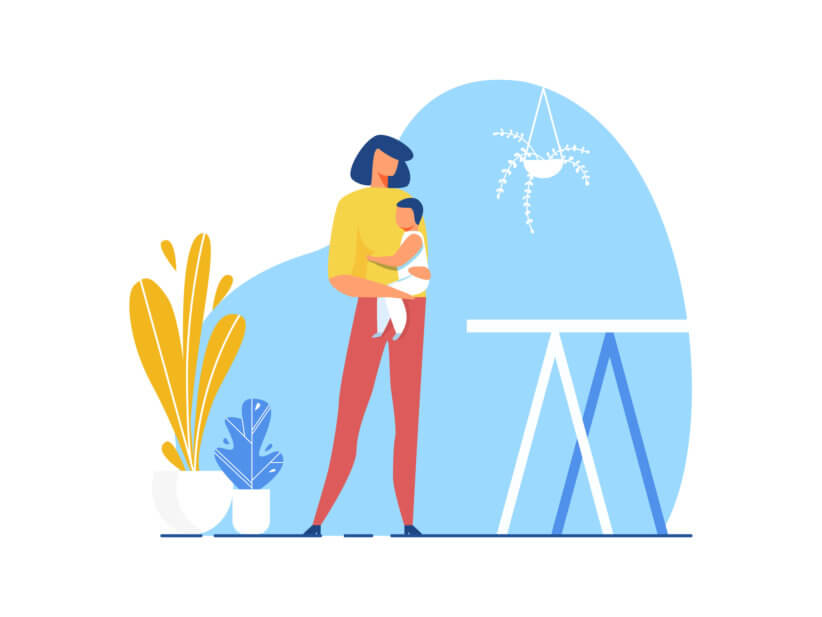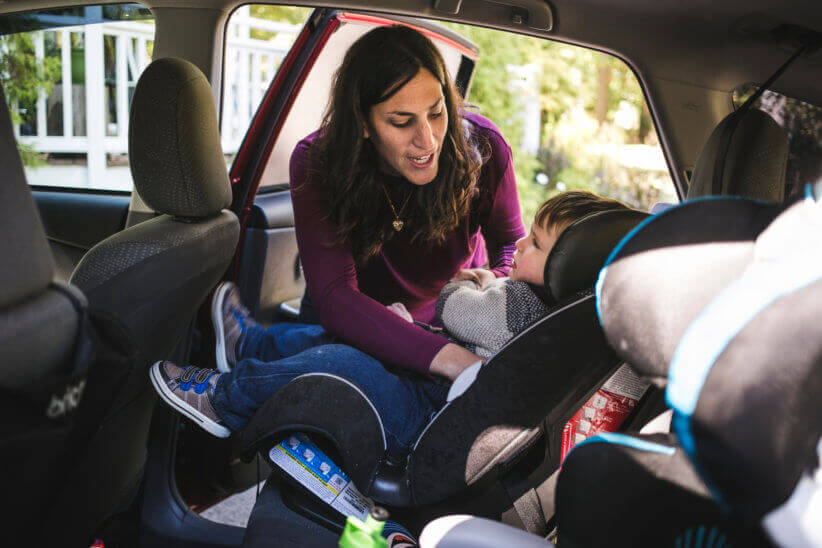All new parents love to watch their children meet developmental milestones. But when it comes to what to expect at each stage, it’s important to listen to your pediatrician rather than compare your child to your friends’ babies.
“Your baby has well visits at 2, 4, 6, 9 and 12 months because the doctor wants to see if your child is developing appropriately,” says Dr. Tanya Altmann, a California-based pediatrician and author of the book “Mommy Calls: Dr. Tanya Answers Parents’ Top 101 Questions About Babies and Toddlers.” We asked Dr. Altmann, along with pediatrician Dr. Adriana Matiz of New York-Presbyterian Hospital, what developmental markers parents should look for during their baby’s first two years.
0-3 Months “At 0-3 months, it’s exciting for new parents to see their baby smile responsively,” Altmann says. “This social smile is one of the main things I am looking for at that 2-month check-up.” By 3 months, “babies can hold their head steady and they can focus on you directly and actually track you,” says Matiz. “They’ll also start vocalizing noises at the back of the throat.”
3-6 Months “At 3-6 months, your baby will have more hand-to-mouth activity, and some may attempt to sit,” says Matiz. Infants also begin rolling over during this stage. During the 4-month checkup, Altmann asks parents if the baby is laughing yet.
6-9 Months “Sitting all by themselves is one of the big motor milestones we look for at the 6-9-month period,” says Matiz. By this point, Altmann adds, babies can usually roll in both directions, and they often put their feet to their mouth.
9-12 Months At 9-12 months, “Babies are often pulling themselves to a stand,” Altmann says. “[Parents] have to make sure the crib mattress is all the way down and the bar all the way up, so they don’t fall out of the crib.” This is also the stage when children will begin “cruising,” or walking while holding onto furniture, Matiz adds. While parents may be eager to see their babies crawl, Matiz notes that it’s perfectly normal for babies to skip this marker entirely. “Crawling is not a set milestone per se because not every child does it,” she explains.
Along with each exciting physical change, your baby is also developing emotionally. Between 9 and 12 months, Matiz says, your baby may start to experience separation anxiety as she becomes aware that mom or dad is leaving.
12-15 Months Most children begin walking during the 12-15-month stage, say Altmann and Matiz. They are also rapidly building their language skills, often using words like “mama,” “dada,” “juice” and “milk.” “A fun thing they can now do, which you don’t find on any milestone charts, is imitate animal sounds,” Altmann adds.
Separation anxiety can
also worsen during these months. At the same time, Altmann notes,
toddlers will also start to exhibit independence—so while they hear and
understand you, they may not always follow directions. This stage also
marks the beginning of the dreaded tantrums. “Tantrums are normal
development because toddlers are trying to challenge themselves in their
new world,” Matiz explains.
15-18 Months “At 15-18 months,, [toddlers] can
walk quickly and walk backwards,” Altmann says, adding that during this
stage they can also begin using a spoon on their own (“although they
will drop a lot of food!”). By this time your toddler will likely have a
minimum of five to six words in his vocabulary. At this stage children
can also learn the names of body parts and point to them when asked.
18 Months-2 Years During
this stage children master physical challenges, like running and
climbing up and down stairs. “Even if your toddler is not exposed to
stairs everyday because you live in an apartment, it’s still normal
development to be able to climb stairs at this point,” Matiz says.
By this time, “[Children]
should also be able to throw a ball, scribble and say 10-20 words,”
Altmann says. “And they like to copy tasks they see at home, like
cleaning.”
Is My
Child Behind?
During
their first two years, babies are developing in a number of areas,
including gross motor, fine motor, language and social development. “All
infants develop at their own rate, so although it is hard, you have to
not compare them to an older sibling or a neighbor,” Altmann says. “If
there’s just one area your child is behind in, that’s usually okay. But
if it seems that across-the-board they’re a little behind, then it is a
good idea to see your pediatrician.”





















